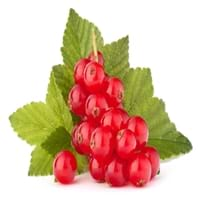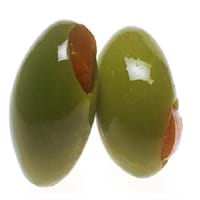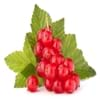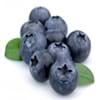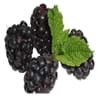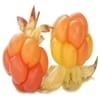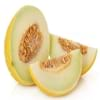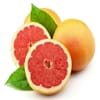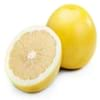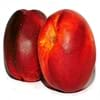Health Benefits
Cancer prevention, Gout treatment, Heart care, Regulation of heart rate, Treatment of rheumatism
Cancer prevention, Helps in cartilage regeneration, Prevents macular degeneration, Treatment of alzheimer's disease
General Benefits
Anti oxidant properties, Controls blood pressure, Cures fever, Digestive aid, Healing of wounds, Helps in weight loss, Strengthens bones
Anti oxidant properties, Anti-inflammatory properties, Boosts immune system, Controls blood pressure, Digestive aid, Maintains healthy cholesterol level
Skin Benefits
Brightens and lightens complexion, Reduces wrinkles, Treatment of acne
Hydrates skin, Skin rejuvenation, Treatment of skin diseases
Hair Benefits
Protects hair
Acts as moisturizer, Good conditioner, Regulates hair growth
Allergy Symptoms
Abnormally rapid heart rate, Anaphylaxis, Breathing difficulty, Hives, Itching, Swallowing difficulties
NA
Side Effects
Possibly unsafe during pregnancy
Affects blood glucose levels, Dizziness, Stomach pain
Best Time to Eat
Best if taken as a breakfast (or empty stomach), As a snack in the late afternoon, Don't eat after meal, Morning time (before lunch)
Hardly eaten raw, Olive oil is consumed for many purposes.
Vitamin B5 (Pantothenic Acid)
Vitamin C (Ascorbic Acid)
Vitamin K (Phyllochinone)
Calories in Fresh Fruit with Peel
Calories in Fresh Fruit without Peel
Not Available
Not Available
Calories in Frozen Form
Not Available
Not Available
Calories in Canned Form
Not Available
Season
Summer
Spring, Summer
Varieties
Rovada, Stanza, Red Lake, Junifer and Jonkheer van Tets
Manzanillo, Sevillano, Mission, Ascolano, Barouni, Gordal, Rubra and Picholine
Color
Red
Black, Green, Purple, Yellow
Origin
Europe
Eastern Mediterranean Region
Soil Type
Moist, Well-drained
Well-drained
Climatic Conditions
Cold
Warm to hot climate
Facts about
- The albino version of red currants known as white currants, are often sold as different fruit.
- Red currant tea is healthy substitute for coffee.
- There are more than 150 varieties of red currants.
- In ancient Greece, 1st eye shadow was made by adding olive oil in ground charcoal.
- The most expensive form of olive oil is Extra Virgin.
- Largest type of olive tree is known as donkey tree & smallest one is called bullet.
Top Producer
Russia
Spain
Other Countries
Belgium, France, Germany, Ireland, Italy, Netherlands, Poland, Portugal, Scotland, Spain, Sweden, United Kingdom
Algeria, Egypt, Greece, Italy, Morocco, Portugal, Syria, Tunisia, Turkey
Top Importer
Germany
United States of America
Top Exporter
Russia
Italy
Botanical Name
Ribes rubrum
Olea europaea
Synonym
Not Available
Not Available
Subkingdom
Tracheobionta
Tracheobionta
Division
Magnoliophyta
Magnoliophyta
Class
Magnoliopsida
Magnoliopsida
Order
Saxifragales
Lamiales
Family
Grossulariaceae
Oleaceae
Species
R. rubrum
O. europaea
Generic Group
Saxifrage
Olive
Difference Between Red Currant and Olive
We might think that Red Currant and Olive are similar with respect to nutritional value and health benefits. But the nutrient content of both fruits is different. Red Currant and Olive Facts such as their taste, shape, color, and size are also distinct. The difference between Red Currant and Olive is explained here.
The amount of calories in 100 gm of fresh Red Currant and Olive with peel is 56.00 kcal and 115.00 kcal and the amount of calories without peel is Not Available and Not Available respectively. Thus, Red Currant and Olive belong to Low Calorie Fruits and High Calorie Fruits category.These fruits might or might not differ with respect to their scientific classification. The order of Red Currant and Olive is Saxifragales and Lamiales respectively. Red Currant belongs to Grossulariaceae family and Olive belongs to Oleaceae family. Red Currant belongs to Ribes genus of R. rubrum species and Olive belongs to Olea genus of O. europaea species. Beings plants, both fruits belong to Plantae Kingdom.
